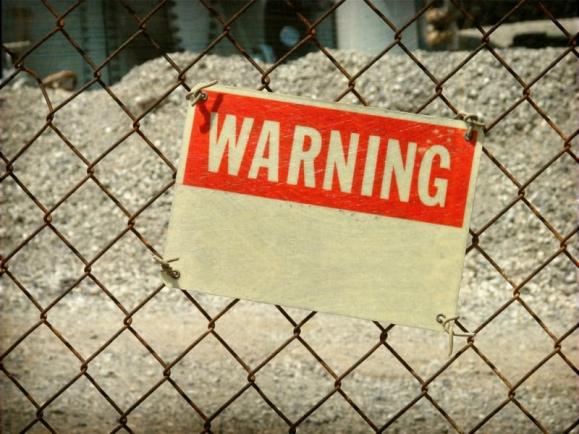
The issue of underage drinking is a harsh reality each parent must eventually face. You dealt with it yourself as a teenager and now you stand toe-to-toe with it again - only this time it's with your own children. Until now all the parties your kids went to seemed innocent enough, but rumors of your teens' peers drinking have been trickling into your consciousness.
Finally, you're forced to deal with the one topic you've been hoping to avoid. You remember being in high school and what it was like wanting to go to parties, but times have changed and the tables have turned. You're now walking in your parents' shoes and have to make the call between your kids' safety and their social life. You know you can't protect your kids forever, but you also know the potential for disaster a party, with or without drinking, holds. So what do you do?
1. Be real with your kids
If life has gotten so chaotic you haven't had a real conversation with your teenager in months, use this as a springboard to reinvent your relationship. Your time with your young adult at home is limited, so spend the rest of it getting to know him. Find out what he likes, what he doesn't like, what brings him joy and what hurts his heart. Leave no questions about your child unanswered. Paying this kind of attention to your teenager helps build his self-confidence and lessens the chances of him looking to alcohol, drugs, the Internet and the like to fill the void of acknowledgement he craves.
Along with this type of communication comes the opportunity for you to share with him your life experiences. Think about it: your kids have no idea what you went through growing up since their only point of reference of you is you as their parent. Explain to them you understand what it was like to want to go to parties, whether or not you were allowed to go, and how it affected you. Shattering illusions created by non-communication paves the way for trust, respect and understanding to be the foundation of your interactions. With those as your base, major life decisions don't necessarily have to fall on your shoulders alone and can be made by both you and your teenager. It may even eliminate his or her desire to go to the party at all.
2. Gather all the facts before saying no
If you teenager's been invited to a party and you only have her version of what kind of party it is, feel free to call the parents of the host. There's absolutely nothing wrong with having all the information you need to make a decision about whether or not she can go. Again, in the spirit of continually being real with her, let her know why you're making the call. Help her understand it's not to embarrass her but to be fair about your decision.
3. Stay strong in your convictions
If teenage drinking is a value you're not willing to compromise, make sure your son knows exactly why you feel the way you do. "Because I said no,"� is a sure-fire way to get your teen to rebel. Be as open and honest with your son about the dangers and consequences of drinking and remind him it's only because you have his safety and best interests at heart that you feel so strongly about this issue. If he's left to think you're just being mean (or any of the other choice words kids have for their parents these days) and not wanting him to have any fun, you risk shaking the foundation of trust and respect you've worked so hard to build.
Your job as a parent is to teach your children the life skills and integrity they will carry with them into adulthood. Once you've set and made clear the ground rules on the issue of going to parties where there's drinking, the consequences then fall on your teen's shoulders if he decides to go anyway. Otherwise, the consequences are yours since you left the search for understanding up to a teenager who could end up looking in places where no self-control or delayed gratification can be found.
4. Host a party at your house
If your teenager is desperate to have a social life outside of school, offer to have a party at home ... with no alcohol.
5. Be forgiving without judging or condoning
At some point regardless of how open, honest and solid your relationship with your teenager is, there may come a moment when the pressure to drink is too heavy and he caves. Because you've been keeping it real with him, make sure he knows in no way are you condoning or excusing his behavior, but you still love him no matter what. Your desire is to rebuild trust between the two of you, and this experience can be a way to keep communication flowing. Let him know it's safe to share his side of the story and to process the events with you even if you're disappointed. Feel free to talk about ways he feels the situation could have been avoided and can also be in the future. Involving him in his own life while still being able to effectively parent and communicate is one of the greatest life skills you can share with your son.

